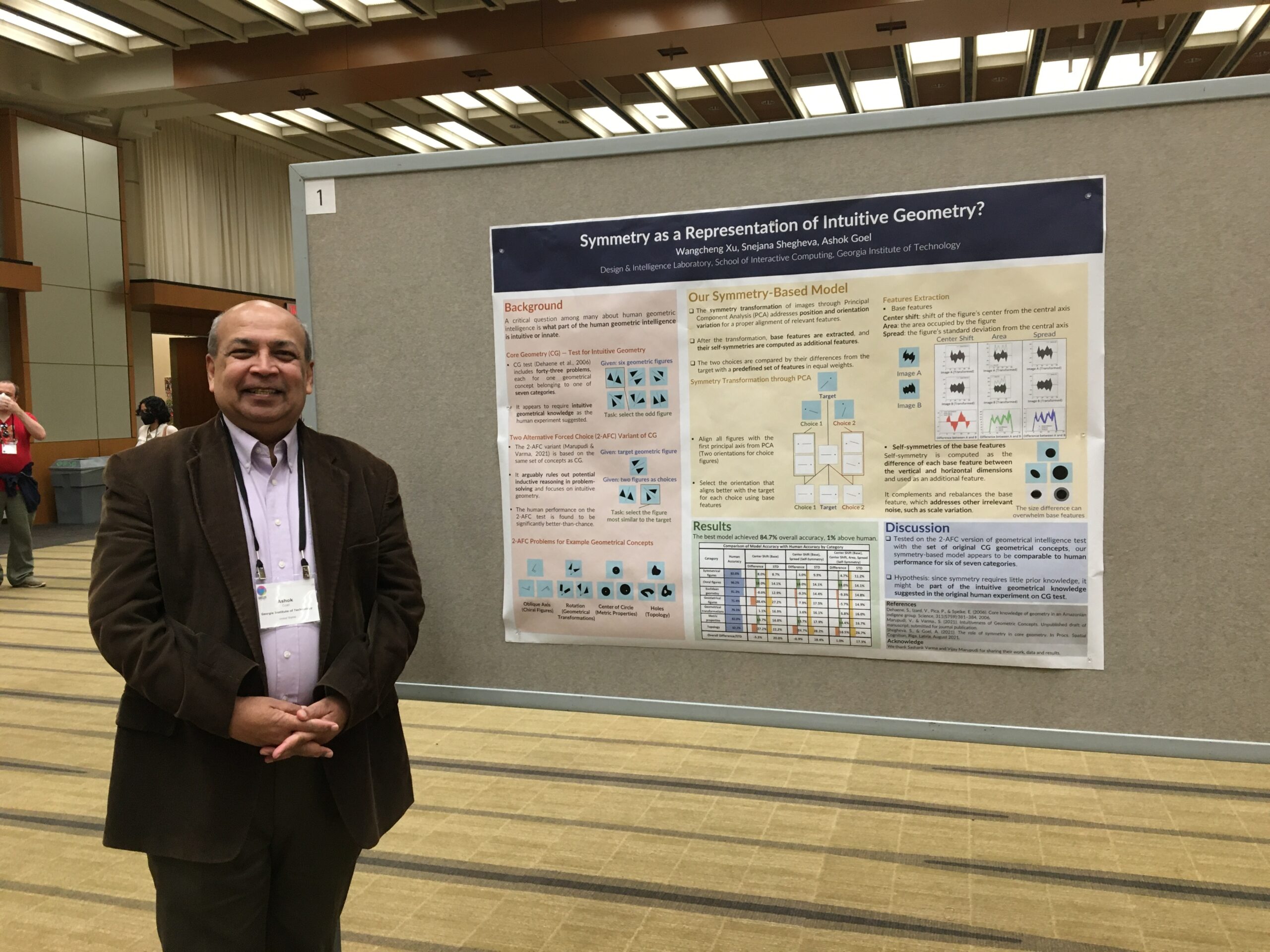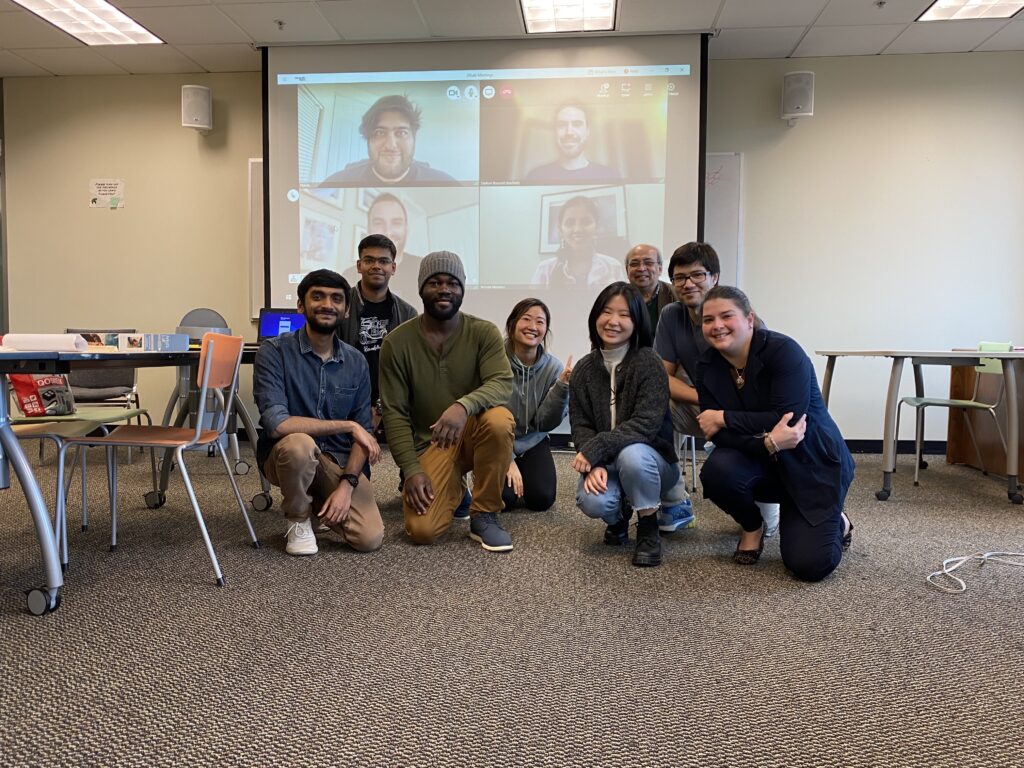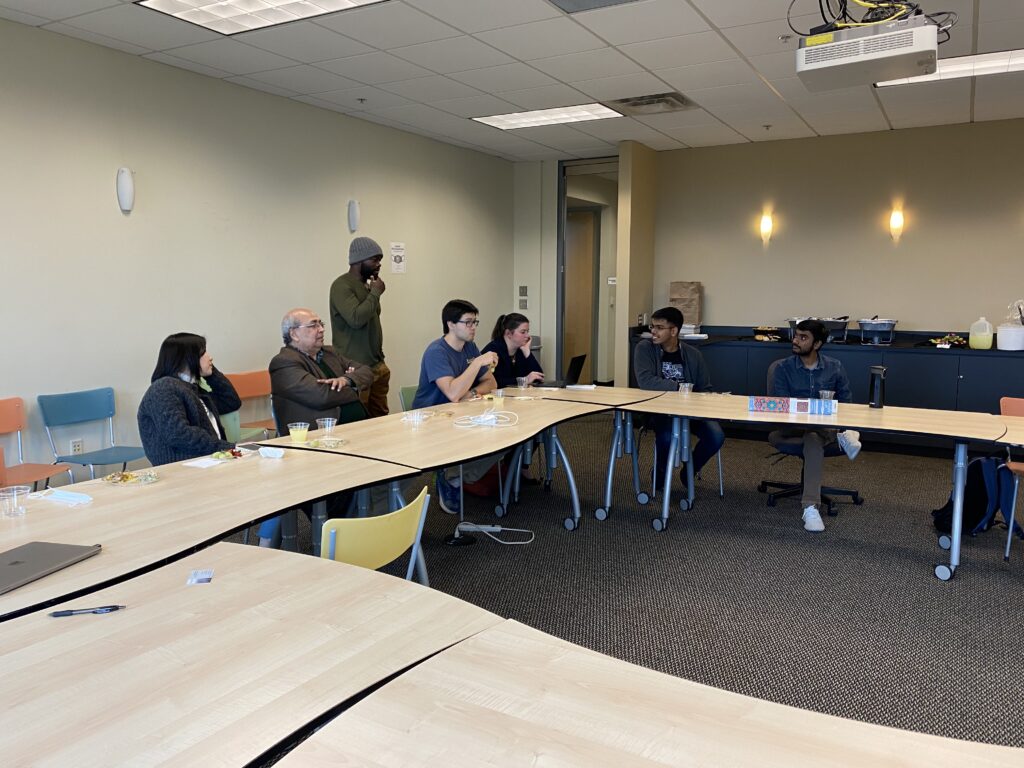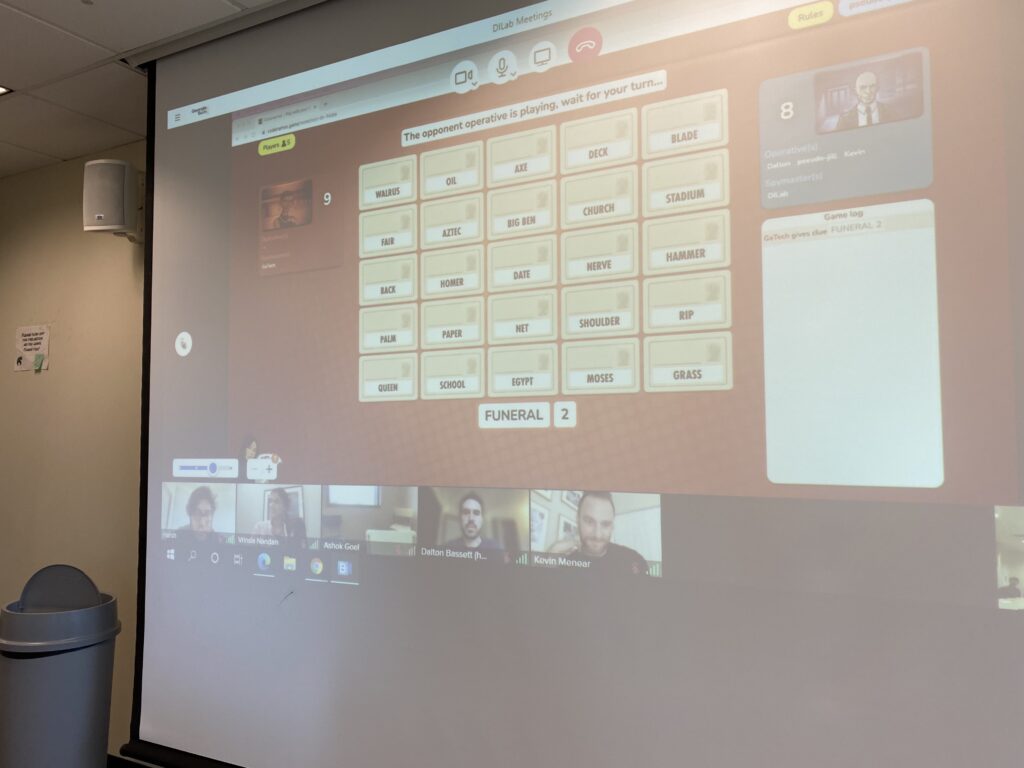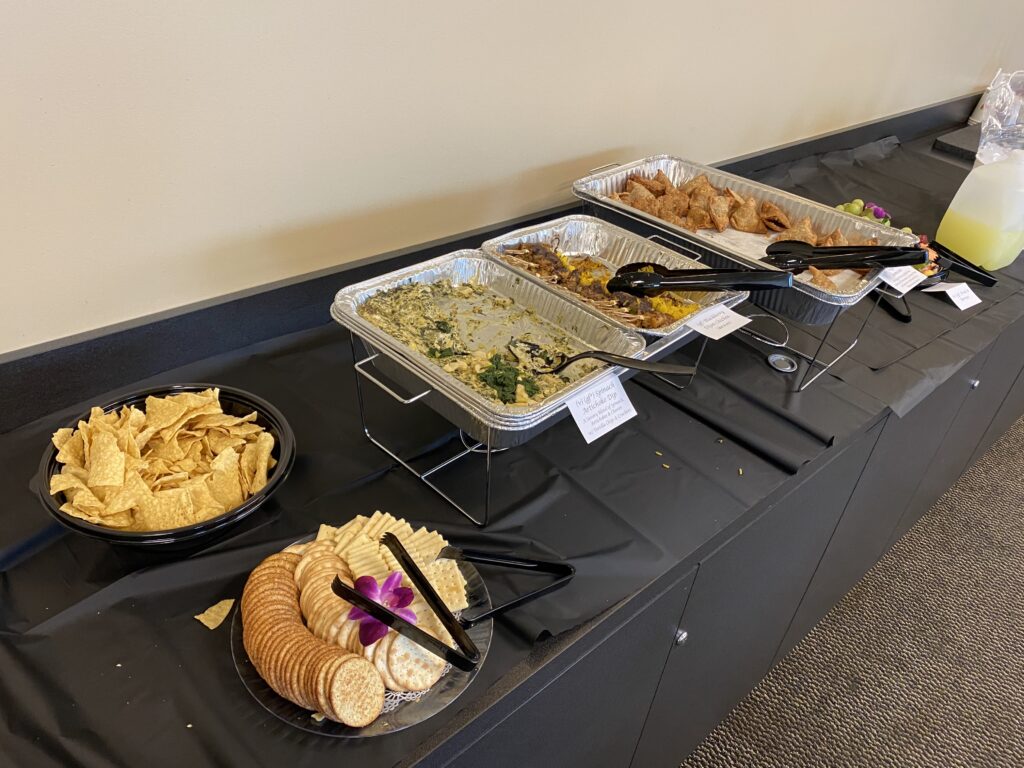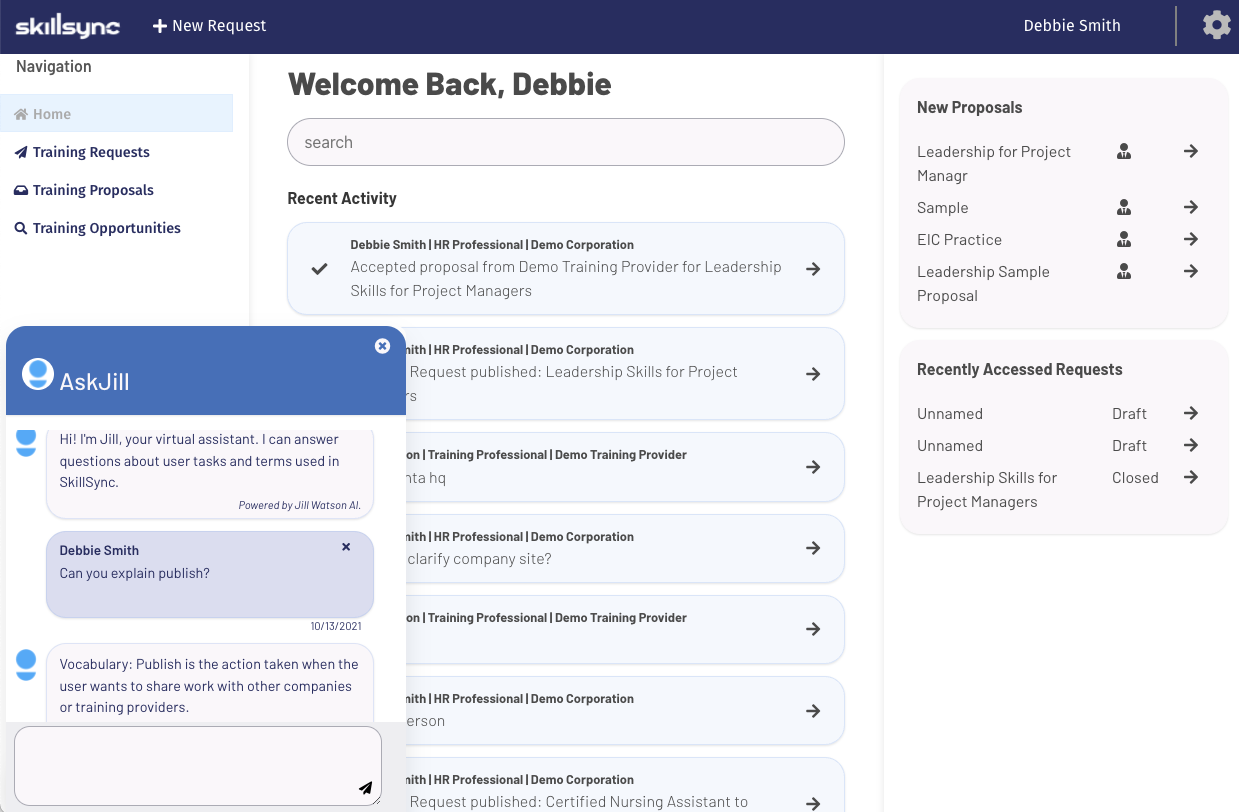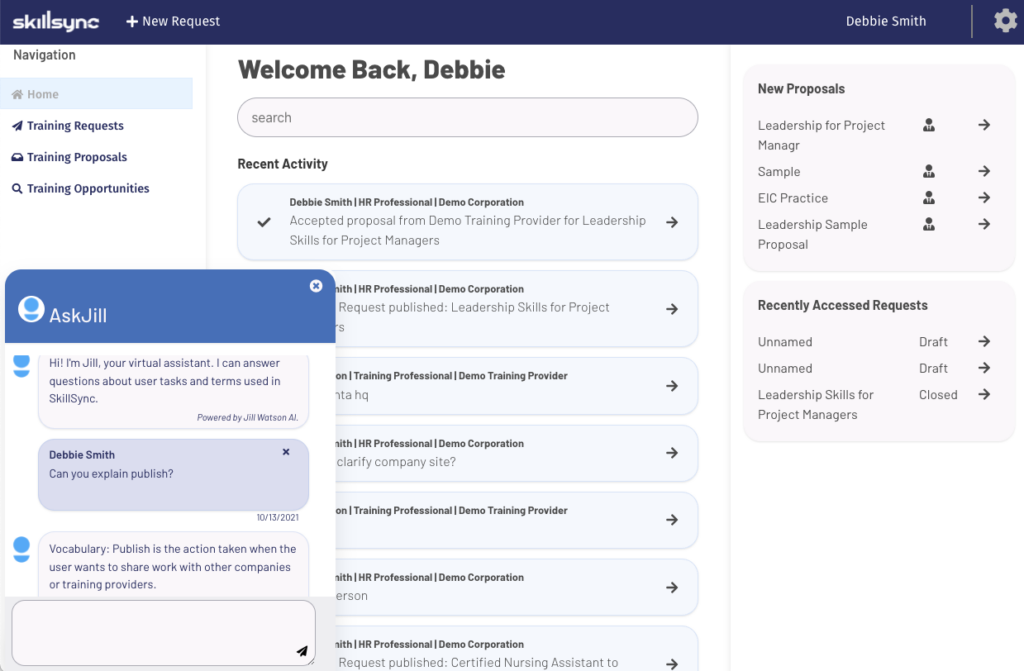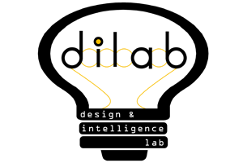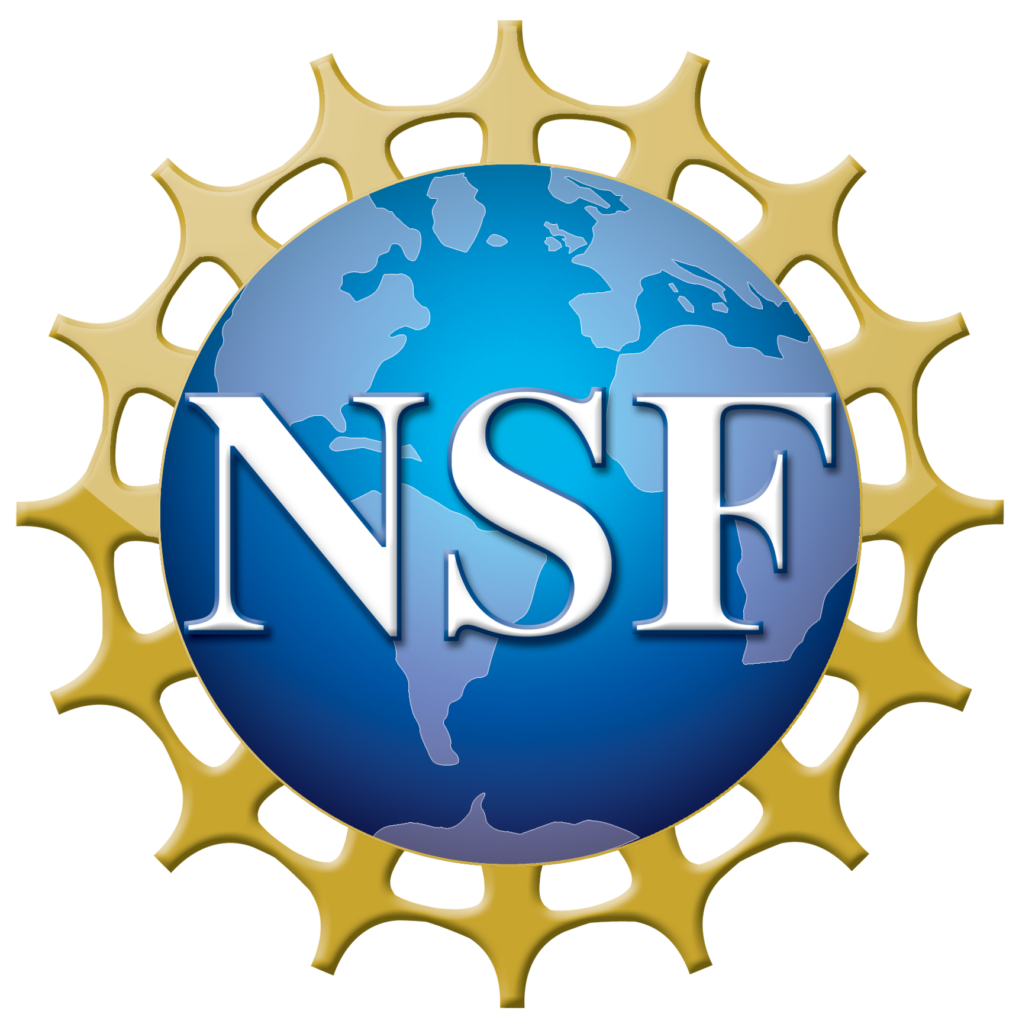https://research.gatech.edu/faces-research-meet-ashok-goel
The Institute for Data Engineering and Science, or IDEaS, is one of Georgia Tech’s 10 interdisciplinary research institutes. IDEaS provides the coordination and expertise necessary to link researchers across campus by strengthening Georgia Tech’s position in big data.
This installment of the Faces of Research Q&A series is with Ashok Goel.
What is your field of expertise and why did you choose it?
I conduct research into cognitive systems at the intersection of artificial intelligence (AI) and cognitive science. In one direction, we build theories and techniques of AI that are inspired by human cognition and behavior. On the other, we build AI models and tools that aid and augment human thinking and learning. I love it!
What makes GaTech research institutes unique?
The Georgia Tech AI Research Institutes are special in the multi-institutional and interdisciplinary research communities they foster to address grand societal challenges. The AI Institute for Adult Learning and Online Education (AI-ALOE) led by Georgia Research Alliance and headquartered at Georgia Tech, for example, brings together AI researchers, computer scientists, cognitive scientists, and learning scientists from academia, industry, and non-profit organizations to address the societal challenges of lifelong learning and workforce development. Our society is facing the huge challenge of reskilling and upskilling a hundred million workers (and a billion around the world) within the next decade. Addressing such huge challenges requires extraordinary and bold efforts exemplified by the AI Research Institutes.
What impact is your research having on the world?
Our Design Intelligence Laboratory and Center for 21st Century Universities already are having a significant impact on higher education. The virtual teaching assistant, named Jill Watson, for automatically answering questions in online classes enhances teacher presence and learner engagement is one example of our impact. The free and publicly available Virtual Experimentation Research Assistant that is now globally accessible through Smithsonian Institution’s Encyclopedia of Life web portal is another example. We expect that over time the newly established AI-ALOE Institute will amplify the impact of our work by an order of magnitude or more. This is very exciting.
What do you like to do in your spare time when you are not working on your research or teaching?
I like to cook Indian food and read about world politics, history, and philosophy. I also like to travel and explore the world.

